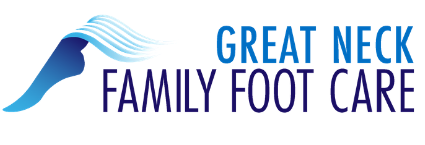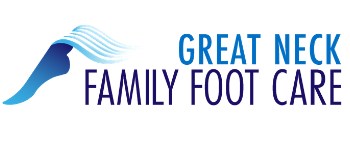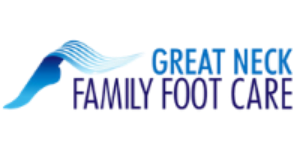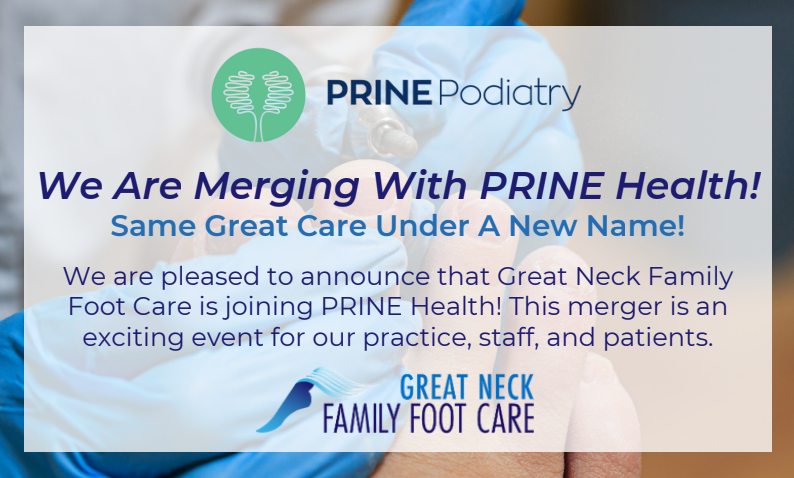10 Mar Do You Need Bunion Surgery?
Bunions are bony protrusions that appear at the inner part of the joint at the base of the big toe. The area becomes enlarged due to a misalignment of the joint. This misalignment causes the big toe to rotate toward the other toes. Large bunions can cause a great deal of pain for the sufferer, and sometimes, a bunion will develop and not hurt or bother a person at all. The problem is that most bunions don’t stay small — they grow and begin to cause problems including pain. In those cases, bunion surgery is often necessary to remove the bony overgrowth, and possibly to realign the joint.
Why Do People Get Bunions?
Scientists don’t yet know the precise reason, although certain genetic (hereditary) factors seem to be at play in the formation of a bunion. Some people believe poorly fitting shoes cause bunions, but in reality they simply aggravate an already existing bunion. Another probable cause is having one leg that’s longer than the other one. The longer leg tends to make the foot over pronate (turn), causing the person to “push-off” almost entirely from the big toe, which in turn causes a bunion over time.
Who Gets Bunions?
Women are the most common bunion-sufferers. In fact, research shows that the fairer sex is over 10 times more likely to have or develop a bunion. This could be due to the fact that many women’s shoes aren’t exactly designed with foot health in mind, and may aggravate and worsen existing bunions that wouldn’t otherwise be a problem.
In some cases, bunions seem to develop in those who “overuse” their feet, such as ballet dancers, who commonly have bunions. In other cases, people are born with the deformity. People with rheumatoid arthritis are also at risk.
Signs and Symptoms
As noted earlier, bunions don’t always cause symptoms. When they do, though, foot pain in the affected area is a common complaint and is worse when walking or wearing certain shoes that rub against or put pressure on a bunion. When a shoe is the culprit that’s causing pain, the sufferer can sometimes find relief when switching to a wider shoe. Usually, this is an intermittent pain. However, arthritis can also develop around a bunion, and cause severe and chronic pain.
Diagnosis
Often, a doctor can see that a patient’s foot pain is caused by a bunion when the deformity is clearly visible. Other times, x-rays are helpful since they can show how the toes are aligned, and can also detect underlying conditions like arthritis or gout.
How to Treat a Painful Bunion
Most doctors will start with the least invasive methods and advise things like
- wearing wider shoes or sandals with supportive soles
- taking over-the-counter-pain medications that reduce inflammation such as aspirin or ibuprofen
- wearing bunion pads to reduce pressure on the bunion
- ice therapy to reduce swelling (if pain is intermittent)
- custom insole orthotics
- cortisone injection to reduce inflammation
Bunionectomy
Sometimes, however, a bunion may have progressed to the point that a patient is in nearly constant pain and discomfort, and the most logical solution is surgery. Surgery can correct deformity, relieve pain and result in improved foot function.
Some of the factors a podiatrist will consider when deciding whether a bunion requires surgery are:
- significant foot pain that limits everyday activities
- a big toe that is chronically inflamed with swelling that does not improve with rest and/or medications
- toe deformity that causes the big toe to turn in towards the other toes, crowding them and causing the potential for toes to cross over one another
- failure to get relief from any of the more non-invasive treatments listed above
If you’re experiencing foot pain from a bunion and would like to be evaluated in the New York Metropolitan or Long Island area, contact us at Great Neck Family Foot Care on Bond Street in Great Neck. Our highly trained podiatrists are also qualified foot and ankle surgeons who are dedicated to helping patients with bunions (or any foot disorder) lead pain-free lives.
Dr. Alec Hochstein | GREAT NECK FAMILY FOOT CARE





Sorry, the comment form is closed at this time.